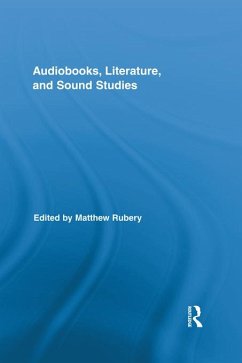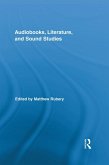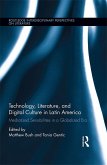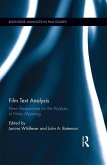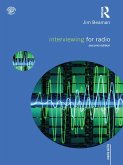In sum, the essays gathered together by this collection explore the extent to which the audiobook enables us not just to hear literature but to hear it in new ways. Bringing together a set of reflections on the enrichments and impoverishments of the reading experience brought about by developments in sound technology, this collection spans the earliest adaptations of printed texts into sound by Charles Dickens, Thomas Hardy, and other novelists from the late nineteenth century to recordings by contemporary figures such as Toni Morrison and Barack Obama at the turn of the twenty-first century. As the voices gathered here suggest, it is time to give a hearing to one of the most talked about new media of the past century.
Dieser Download kann aus rechtlichen Gründen nur mit Rechnungsadresse in A, B, BG, CY, CZ, D, DK, EW, E, FIN, F, GR, HR, H, IRL, I, LT, L, LR, M, NL, PL, P, R, S, SLO, SK ausgeliefert werden.

